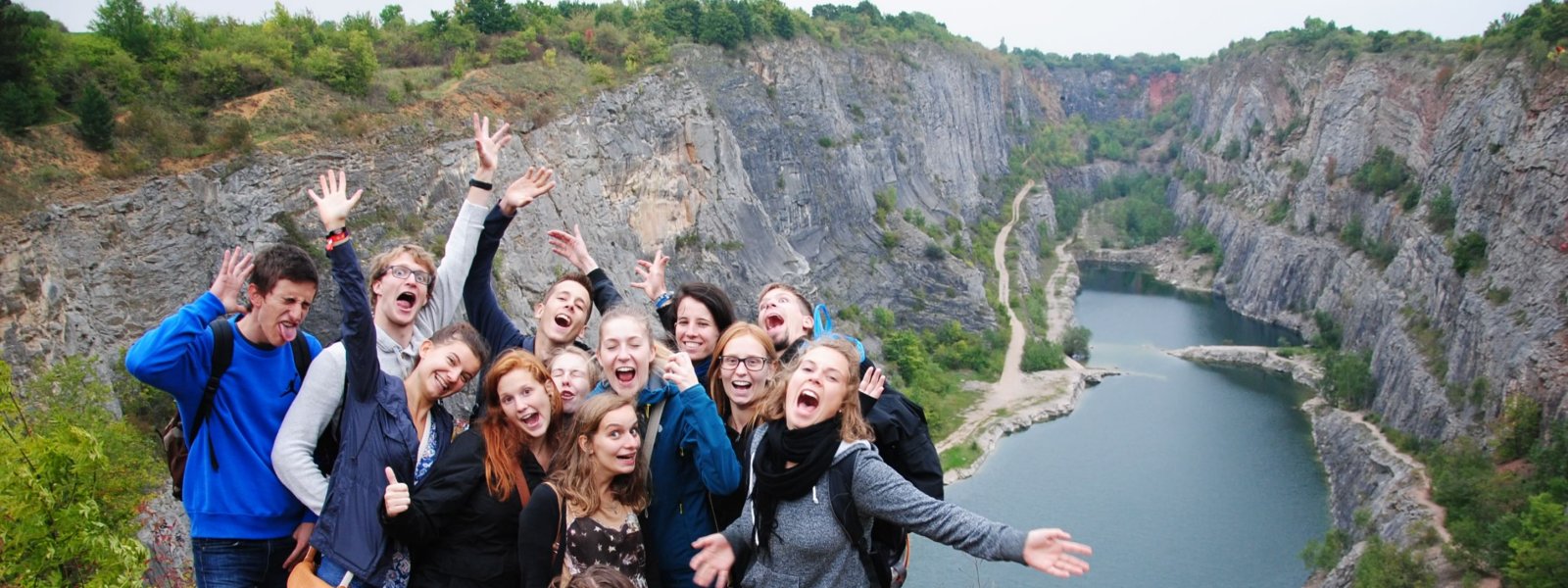|
Fifth Year/Postgraduate courses
|
Semester 1 code
|
Semester 2 code
|
|
Financial Engineering
This module explores financial options for ensuring the solvency and financial sustainability of business ventures. It covers topics including financial reporting and financial accounting in relation to the wider issues of corporate behaviour and corporate governance.
|
Not offered in Semester 1
|
CL504
|
|
Carbon Assessment & Management in the Built Environment
This module aims to equip students with: an understanding of the main principles of life cycle assessment; awareness and experience of applying widely used standards in built environment whole life carbon assessment and management.
|
CL812 |
Not offered in Semester 2 |
Coastal Engineering
This module aims to develop students' understanding of the core principles of Coastal Engineering, equipping them with the knowledge and skills to analyse coastal processes, assess risks, and design sustainable solutions for coastal protection and management. Through a combination of theoretical and applied learning, students will explore the interactions between oceanic phenomena (waves, tides, and currents) and coastal environments, examining their impact on coastal stability, hazards, and resilience. |
CL814 |
Not offered in Semester 2 |
|
Advanced Structural Analysis and Design
This class aims to introduce the students to advanced topics in structural analysis and design of smart structures as well as mechanics of lightweight composite structures.
|
CL809
|
Not offered in Semester 2
|
|
Site Investigation and Risk Assessment
Provides an insight into the site investigation and risk assessment of obstructed, derelict and contaminated land, including the complete sequence of a site investigation (desk study, sampling, data collection and detection techniques).
|
CL906
|
Not offered in Semester 2
|
|
Global Water Policy
This class aims to provide the student with the ability: to recognise the issues relating to overall global water policy and its interactions with other global issues; to discuss the impact of climate change and economic development on water resources and availability; to explore the different implementation issues based on regional case studies; to explore the role of stakeholders on the acceptance and achievement of policy objectives.
|
CL946
|
Not offered in Semester 2
|
|
Principles of Environmental Microbiology
This module aims to introduce microbiology in a manner that is of practical importance in environmental engineering and science.
|
Not offered in Semester 1
|
CL430-CL948
|
|
Engineering Challenges in Nuclear Decommissioning
This module aims to provide students with knowledge and understanding of the Nuclear Fuel Cycle and its environmental impacts, radioactive wastes, the challenges and possible solutions associated with nuclear decommissioning and waste disposal.
|
Not offered in Semester 1
|
CL520
|
|
Fundamentals of Environmental Forensics
Successful completion of this module should provide the student with an understanding of: an understanding of environmental forensics as a discipline; an understanding of a range of contaminants found in the environment, and their fate and transport; approach and analytical techniques to determine the responsible parties for contamination found in the environment; real-world applications of environmental forensics.
|
Not offered in Semester 1
|
CL960
|
|
Geographical Information Systems
This module provides a thorough introduction to the field of Geographical Information Science. The course covers the key theoretical principles but it also provides many practical hands-on exercises using current state-of-the-art Geographical Information Systems (GIS).
|
CL961
|
Not offered in Semester 2
|
|
Civil Engineering Design Project B
This module aims to develop ability at multi-disciplinary design, working in small groups, utilising knowledge of fundamental principles of engineering science and material science to create innovative solutions for low carbon energy resources and Net Zero.
|
CL966
|
Not offered in Semester 2
|
|
Engineering Hydrology
This class aims to explore the hydrological cycle and the influence of weather, climate and the key processes of the environment.
|
Not offered in Semester 1
|
CL987
|
|
Risk Analysis in Engineering
This module aims to introduce the fundamentals of risk analysis and design under uncertainty for improving robustness and sustainability. Understanding how uncertainties can be modelled and quantified allows to design resilient systems and structure that are able to cope with changing environment, identify the optimal design and maintenance strategies that are safe but also affordable.
|
CL811
|
Not offered in Semester 2 |
|
Environmental Impact Assessment
Environmental impact assessment relates to the process of identifying, evaluating, and mitigating the biophysical, social, economic, cultural and other relevant effects of development proposals prior to major decisions being taken and commitments made.
|
EV939
|
Not offered in Semester 2
|
|
Water and Environmental Management
This class aims to provide an insight into water quality, water quality objectives and pollution control strategy, and introduce the design and control of water and wastewater treatment processes.
|
EV921
|
Not offered in Semester 2
|
|
Water & Wastewater Treatment Design
This module aims to develop an understanding of water treatment and wastewater treatment processes, as well as the ability to undertake design calculations sufficient to produce a concept and detailed design of a water and wastewater treatment plant.
|
CL978
|
Not offered in Semester 2
|
